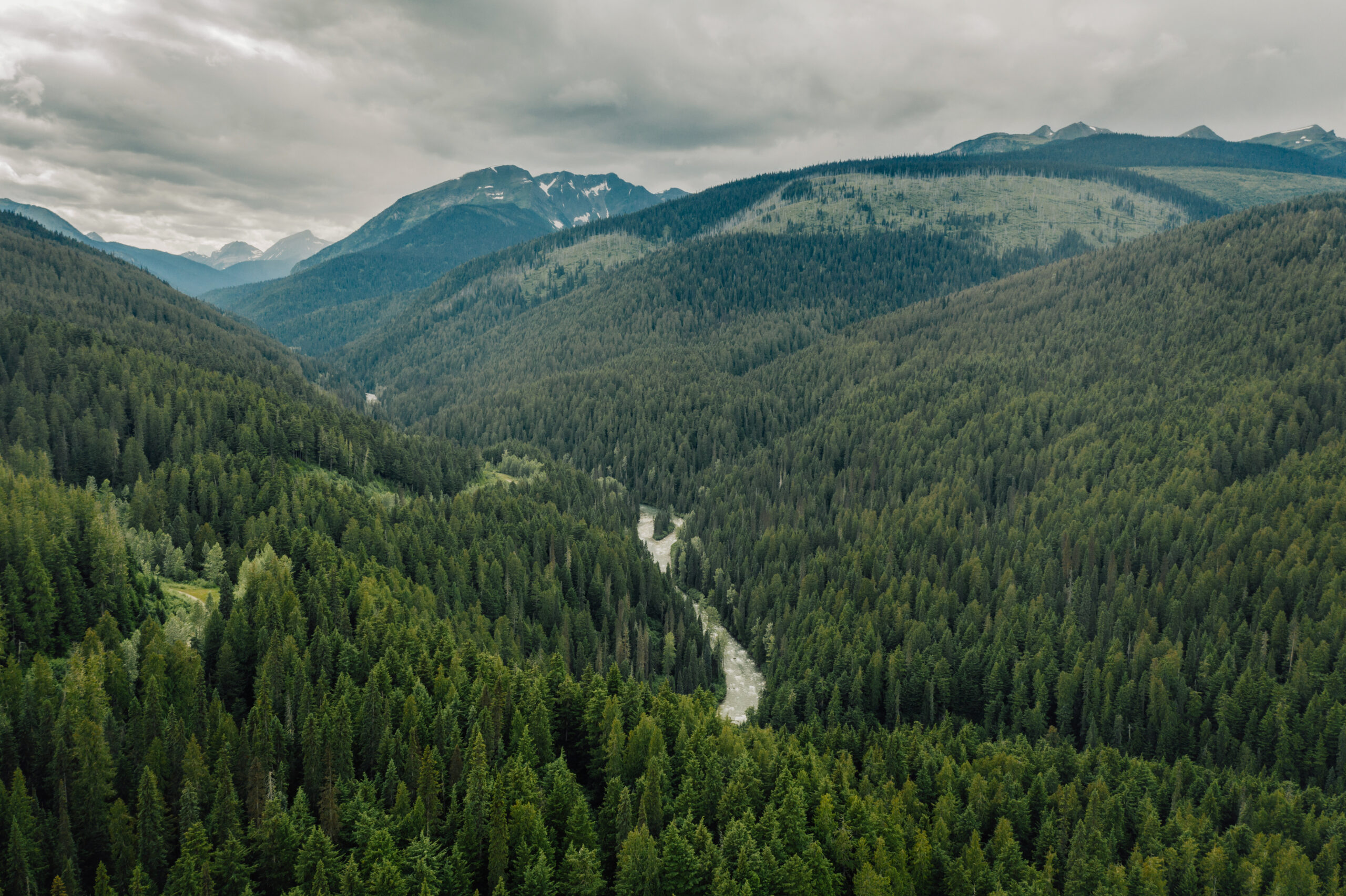
Rocky Mountain coal mine in Alberta takes next step to expansion
In Alberta, a massive open-pit coal mine near Jasper National Park is hoping to expand...
Steven Guilbeault is the federal minister of environment and climate change.
Canadians are nature-loving people. Many of us have found some deep connection with a natural space in this vast and beautiful country. We make that connection close to home through walks in the woods, a stroll along a riverbank or a visit to a tide pool. Some of us go further to seek out Canada’s awe-inspiring mountains, waterfalls and old-growth trees or paddle our lakes and coastlines.
Growing up in a small town in northern Quebec, the forest was my backyard and playground. I realized my own life mission as an environmental activist, when at the age of five, I climbed a tree to protect my backyard forest from developers.
Nature is core to Canadians’ identity — what we are known for around the world and a source of national pride.
But nature everywhere is under siege. This month, the Living Planet Report 2022 from the World Wildlife Fund catalogued how global wildlife populations have declined by 69 per cent since 1970, including 20 per cent in North America.
According to the federal Commissioner of Environment and Sustainable Development, Canada not only has the world’s longest coastline, we also boast 25 per cent of the world’s boreal forest, 25 per cent of the world’s temperate forests, 25 per cent of the world’s wetlands, two million lakes and the third-largest area of glaciers on the planet.
So it is fitting that this December, Canada will host the largest United Nations biodiversity conference in a generation to tackle the serious challenges facing the natural world. Our mission is guided by progress, protection and partnership.
The 15th annual Convention of Parties (COP15) will see thousands of foreign delegates from 196 countries gathering in Montreal to make new commitments on the protection of nature and species at risk worldwide.

Progress cannot come fast enough. A million species are at risk of extinction. Natural ecosystems are disappearing, threatening freshwater supplies and the climate. Protecting nature and reducing emissions to fight climate change are interconnected. The call to protect nature must receive the same attention as does the climate.
At home, we’re driving progress to reach our commitment of protecting 30 per cent of our land and 30 per cent of our oceans by 2030. It’s ambitious, but when you look at what we’ve already done on oceans — going from less than one per cent protected in 2015 when we took office to over 14 per cent today — I know we can make it happen. To get there, we have launched the greatest conservation campaign in the country’s history, fueled by multi-billion dollar investments available to the provinces and territories.
We’re also going to be stepping up our ambition on the protection of key, iconic species that are important to our ecosystems, to our communities and to who we are as Canadians. We know caribou protections can wait no longer. We’re reintroducing plains bisons to Banff National Park. As we come up to the international conference in Montreal, we’ll have lots more to say.
And finally, we’ll continue to do all of our work in partnership with Indigenous communities, walking this shared path together. Indigenous Peoples must be partners from the outset, both at home and internationally — something that was not always the case in the past.
Canada has ambitious goals for the conference, just as we do domestically.
First, is to get all countries to commit to halting and reversing the loss of nature to make the world nature positive by 2030.
Second, to get commitments to conserve 30 per cent of the world’s lands and oceans by 2030, which scientific research shows is the minimum necessary to address the biodiversity and climate crises. The largest geographic countries, which harbor vast natural landscapes essential to regulating our climate and the home to many species, are vital in this effort.
Third, we need to mobilize resources to achieve this from the government, the private sector, philanthropy and multilateral institutions.
These three goals can only be realized if everyone around the world joins us.
Nature knows no boundaries — not local, not provincial or territorial and not international. We are all in this together.
The Montreal conference is Canada’s chance to show the world we can and will do our part from coast-to-coast-to-coast and to urge the world to join us in protecting nature for a truly sustainable future.
From Nova Scotia’s smallest honeybee to the mighty B.C. red pine, nature is part of who we are. It’s under threat.
Let’s save nature so it can save us.
Get the inside scoop on The Narwhal’s environment and climate reporting by signing up for our free newsletter. A $335 million funding commitment to fund...
Continue reading
In Alberta, a massive open-pit coal mine near Jasper National Park is hoping to expand...

A trade war could help remake B.C.’s food system, but will family farmers be left...

First Nations are leading efforts to make sure lake sturgeon can find a home in...
